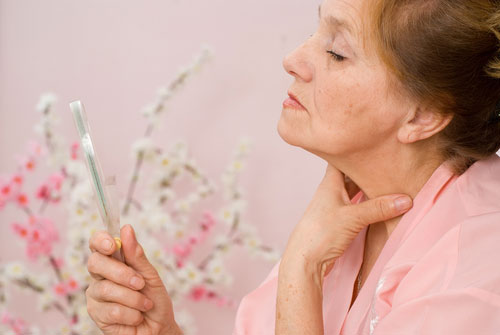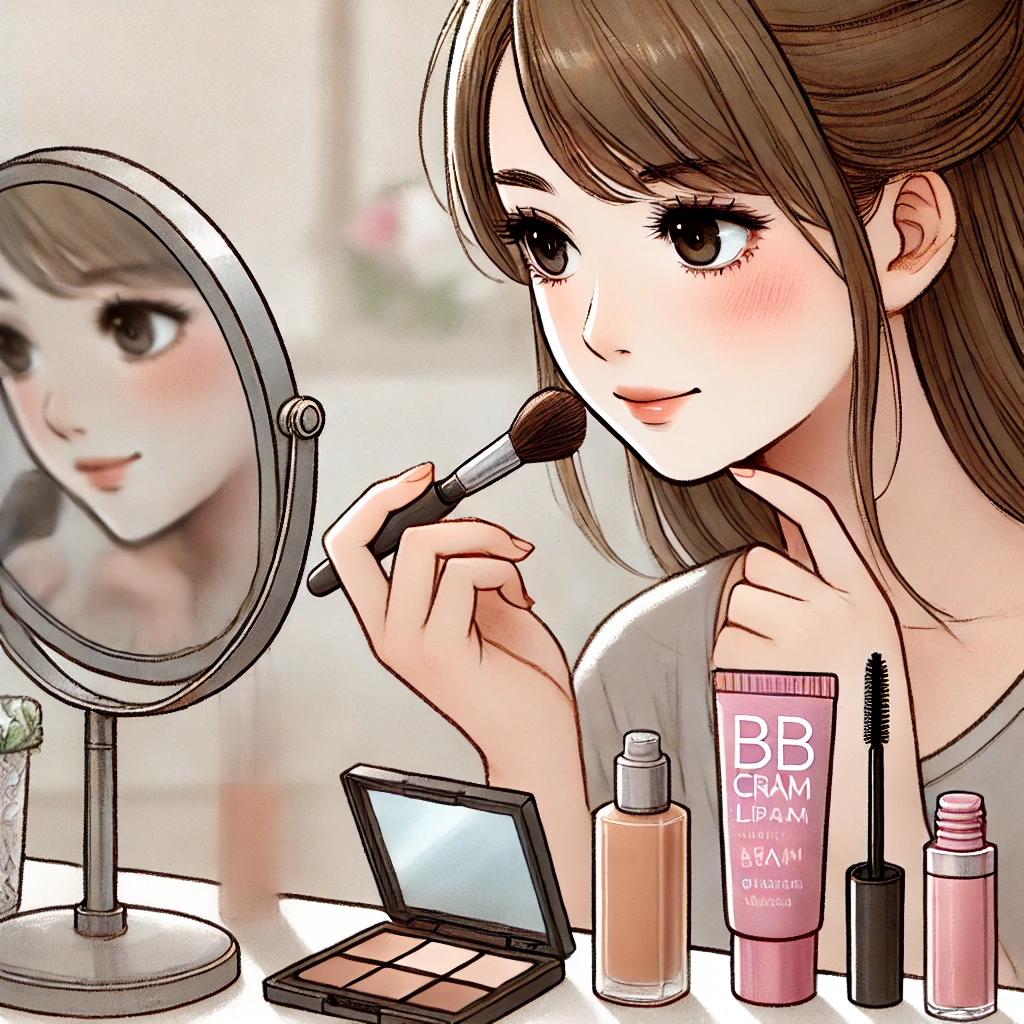Plastic utensils have long been an integral part of our daily life. It is convenient, lightweight and can be found in every home, office or picnic. Recently, however, there has been an increasing discussion about the harms and benefits of its use. In this article, let's look at what dangers plastic can hide, its health effects, and possible alternatives worth considering.
Health effects of plastics
One of the key issues associated with the use of plastic utensils is their impact on human health. The main threat comes from chemical compounds found in some plastics, such as bisphenol A (BPA). This substance, often found in plastics, can cause endocrine disruption, affect the reproductive system and contribute to cancer. Using plastic utensils, especially when heated in the microwave, can contribute to the release of toxic chemicals into food.
The health risks of bisphenol A are particularly high when it comes to cookware that comes into contact with hot drinks or food. This is why it is important to check whether cookware contains BPA and choose safe alternatives, such as cookware made without the use of this hazardous substance.
Environmental harm from plastic utensils
Another significant disadvantage of plastic utensils is their impact on the environment. Plastic takes a very long time to decompose, which means that every plastic plate or glass that is thrown away can become part of a global pollution problem. Plastic waste entering the oceans and rivers causes huge damage to ecosystems and marine life.
One of the most important problems is microplastics, which result from the decomposition of plastic waste. These tiny particles of plastic are not visible to the naked eye, but they end up in water, food chains and can end up on our tables. The impact of plastic waste on nature and human health is undeniable, which is why measures to reduce the use of disposable plastic tableware are being actively discussed today.
Alternatives to plastic food items
There are many environmentally friendly alternatives to plastic tableware on the market today. For example, biodegradable tableware is becoming increasingly popular. They are made of environmentally friendly materials and after use, they decompose in the natural environment without leaving behind toxic traces.
The benefits of biodegradable tableware are clear: it is an ecological alternative to plastic that reduces the burden on the environment and promotes sustainable consumption. By using such products in everyday life, you can significantly reduce your plastic footprint and keep nature clean.
In addition to biodegradable, reusable products made of glass, metal or ceramic can be used. They are not only safe for health, but also durable, making them more economical in the long run.
How to reduce the harm from plastic utensils
- Use reusable utensils - metal, glass or ceramic. This will not only help reduce waste, but also protect your health.
- Avoid heating food in plastic containers, especially if they are not labeled as microwave safe.
- Favor biodegradable tableware at picnics or other events that require the use of disposable items.
- Sort waste and recycle plastic to reduce the amount of waste going into landfills.
Plastic utensils, despite their convenience, can carry serious risks to human health and the environment. The dangers of bisphenol A, plastic waste and microplastic pollution all make it necessary to rethink our attitudes towards the use of plastic products in the home. Alternatives such as biodegradable tableware and reusable products are the best solution in today's world.
Rules for the use of plastic products:
- You should choose toys for children carefully. Avoid buying toys that are made of plastic with PVC (polyvinyl chloride). Such toys often have "Z" or "PVC" marks on them.
- Do not use polycarbonate food storage containers. These containers are labeled "#7" or "PC". In the United States, such containers are prohibited for storing baby food. In the course of research, scientists have found that the amount of BPA released from a plastic container is not constant and depends on the temperature of the food. Consequently, the concentration of BPA is maximum at high temperature, that is, when storing hot food. Therefore, you should not put hot food in such containers. It is better to let it cool down. An alternative to plastic products is glass containers.
- Do not use plastic containers when cooking food in the microwave oven. Even if the container manufacturer recommends it. Don't take any risks. Your health is more valuable than any promises made by manufacturers. High temperatures destroy any plastic. The microwave oven heats unevenly, which creates overheating points on the plastic, causing it to break down and release toxins.
- When heating food in the microwave, cover it with a paper napkin, not a plastic lid.
- Do not reuse disposable plastic products.
- If you wash plastic items in the dishwasher, do not place them close to the heating element. This will prolong the life of the plastic utensils.
- Do not allow your child to chew or chew on plastic products: many products are coated with toxic flame retardant.
- If you use plastic mugs or bottles, throw away mercilessly if any scratch or other damage occurs.
- Store food in glass containers, using Pyrex glass. Try to buy glass blenders rather than plastic blenders.
- Do not hang vinyl curtains in the bathroom. Use double curtains. Use a cotton bottom layer closer to the body and a polyethylene top layer.
- When bathing your child or taking a hot bath yourself, do not put plastic toys or other items into the water.
- If possible, it's best to replace plastic utensils in the house:
- instead: use glass or ceramic containers;
- replace plastic toys with their wooden, fabric counterparts;
- replace plastic bottles with glass bottles.
There are plenty of alternatives, you just have to take a closer look around you. If you want, you can completely replace plastic products with their safe counterparts. We should not forget that convenient and cheap is not always safe. In everything you need to be careful and attentive, especially when your health and the health of your loved ones depend on it. Bed linen and its care - the most important part of a comfortable home.







[...] meet" is especially relevant in the working environment. Plastic tableware: harm or benefit, all this [...].